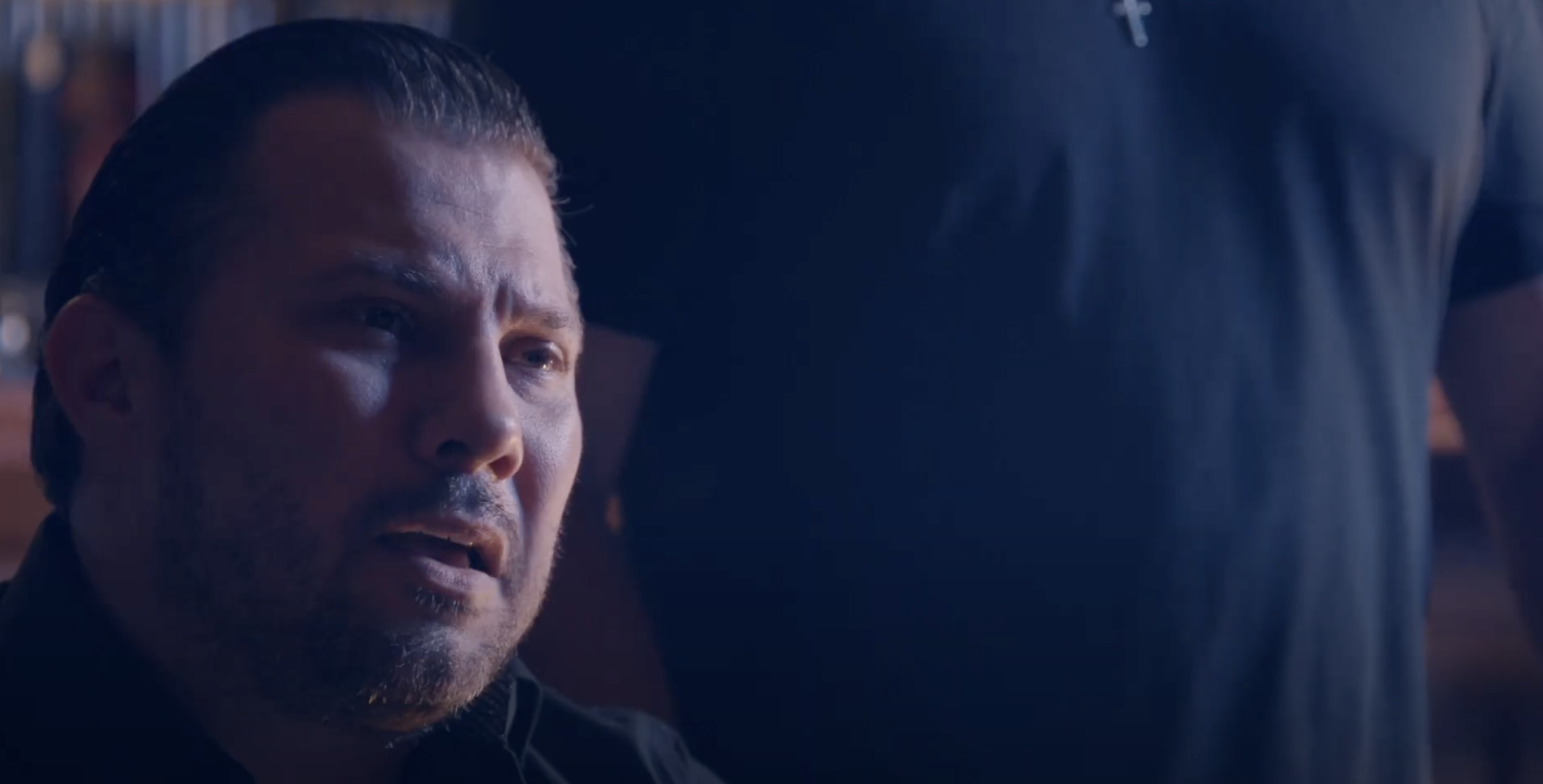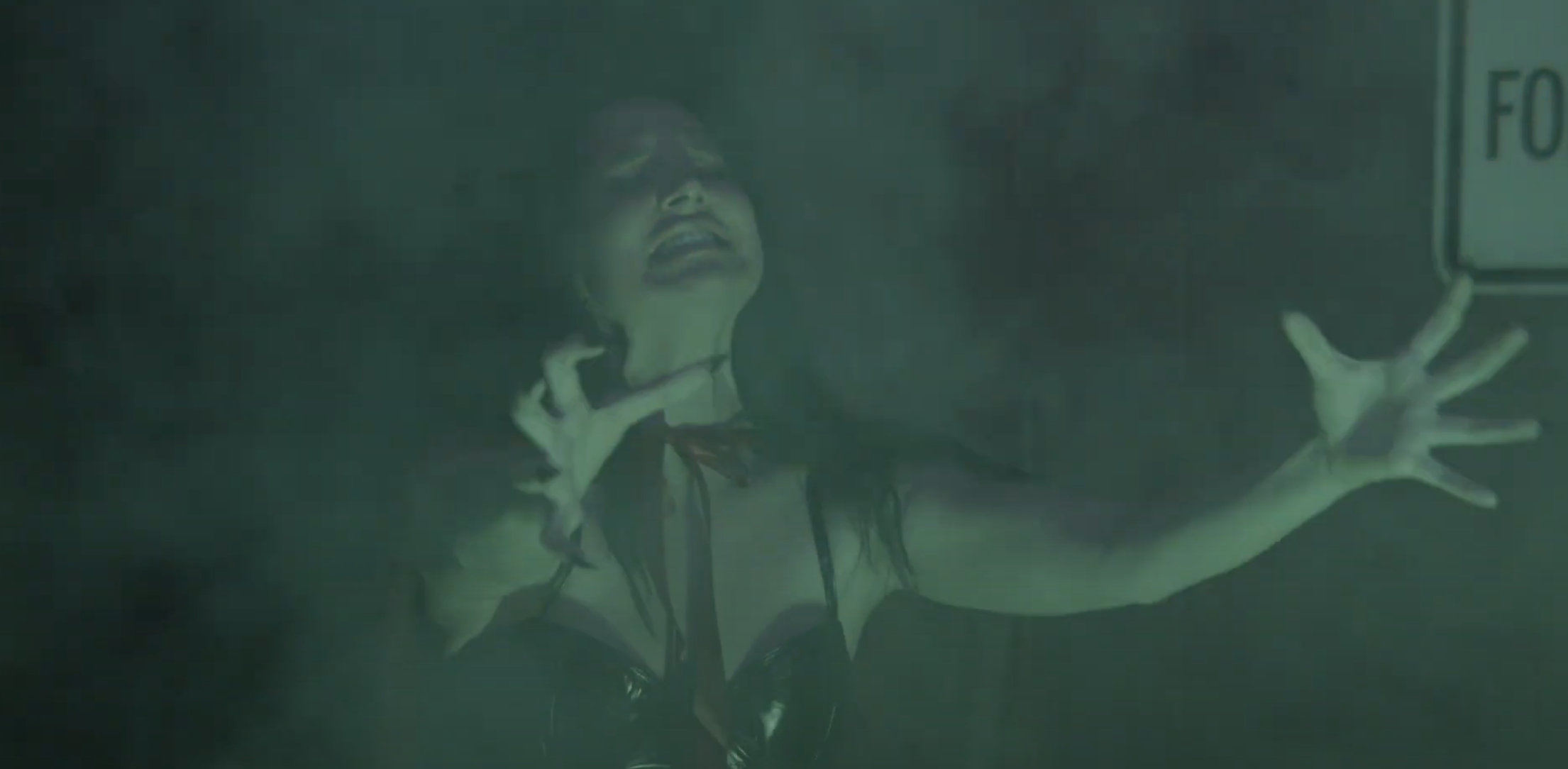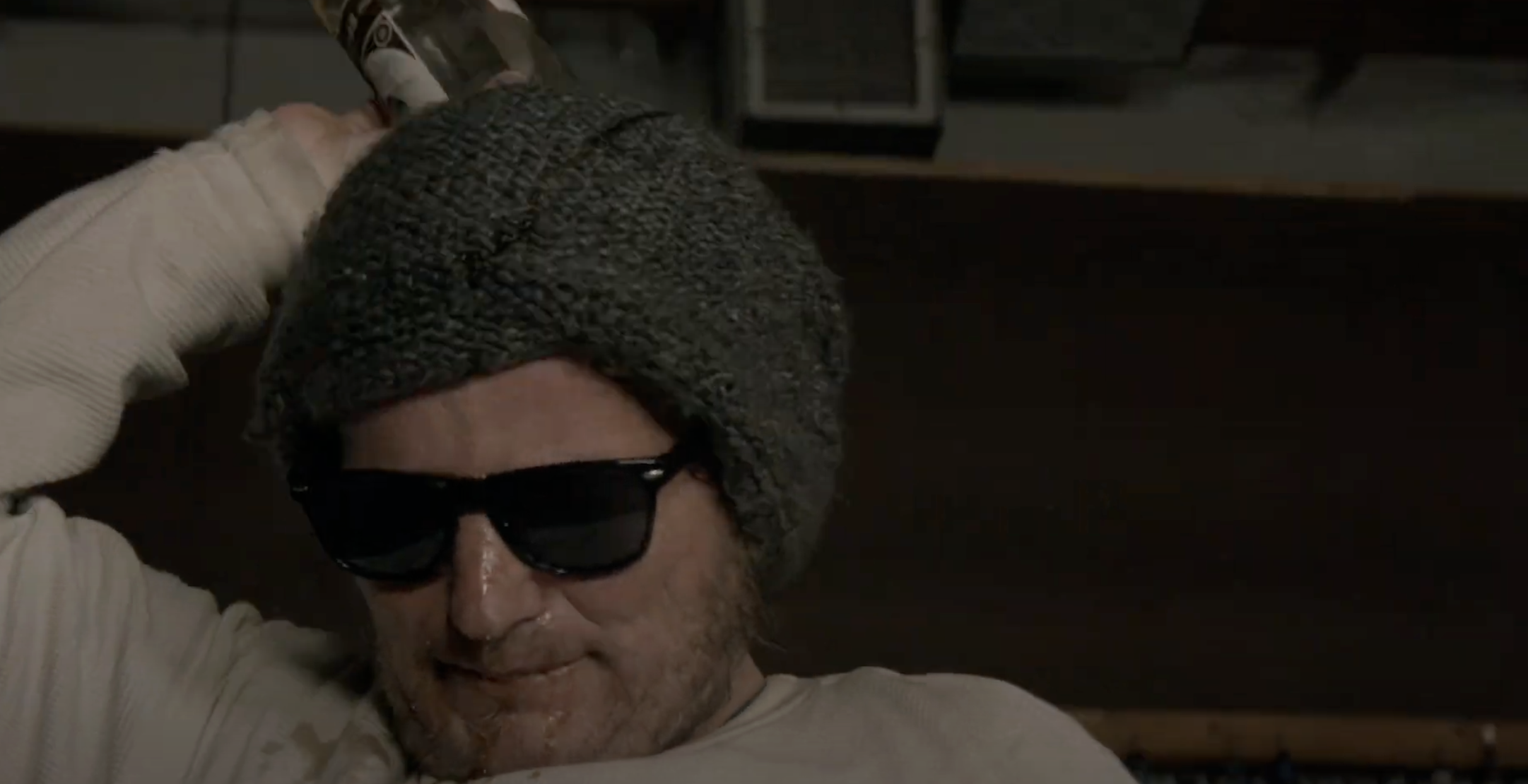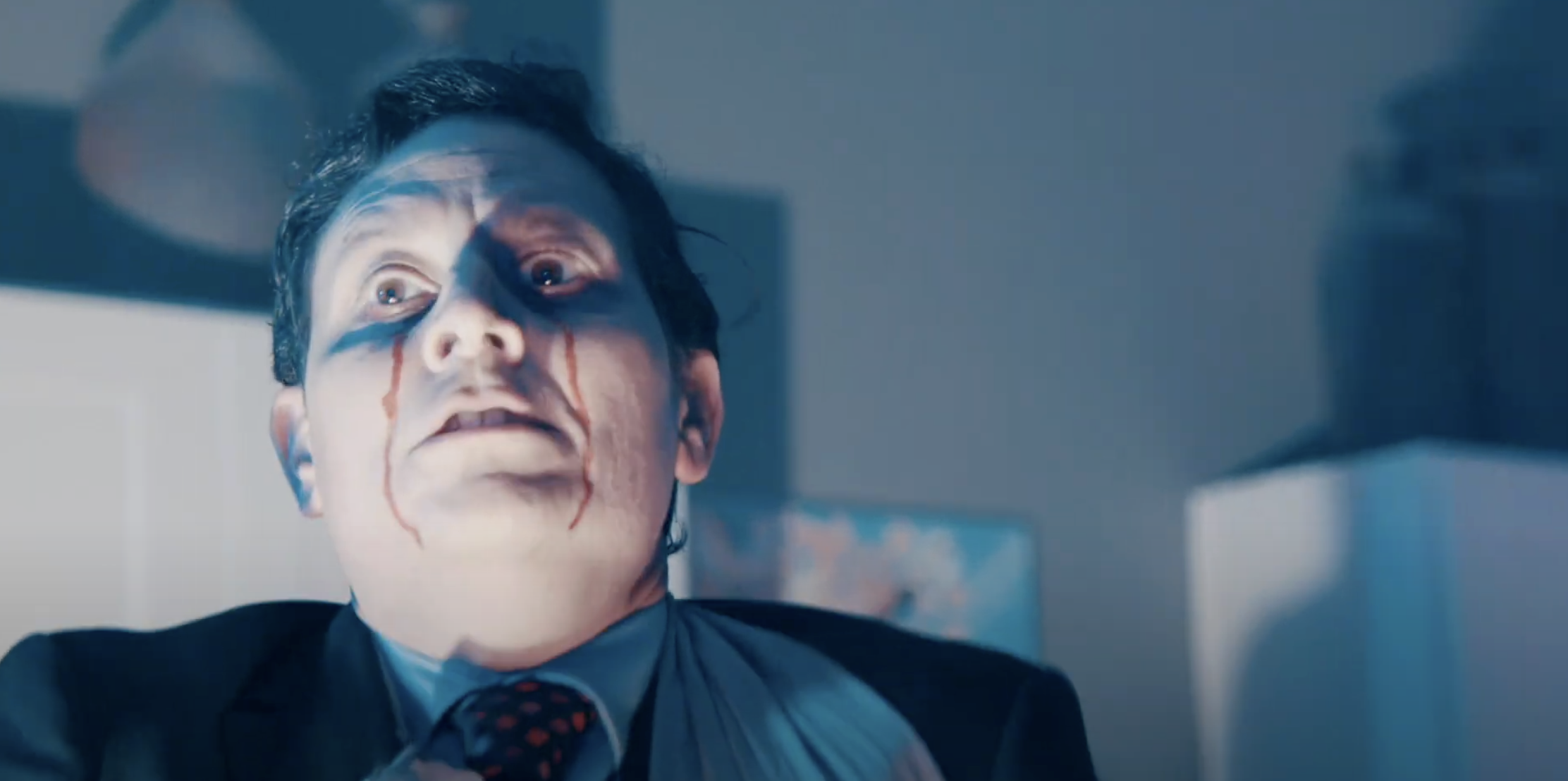Gregory Hatanaka’s Boiling Point, co-written with Jamie Grefe, is a searing indie crime thriller that brings both grit and chaos to the screen. Starring Gio Drasconi as Michael, a desperate bar owner fighting to keep his livelihood, and Luca Toumadi as Sidney, his closest ally turned potential liability, the film immerses viewers in a world where mob pressures, paranoia, and betrayal intersect.
At its core, the story is simple yet effective: Michael’s bar is barely surviving, and when the mob decides it wants control, his life spirals into a storm of threats, shifting loyalties, and violent ultimatums. The stakes are clear—one wrong move could mean death. This stripped-down premise provides the canvas for Hatanaka and Grefe’s exploration of power struggles and fractured trust.
What truly stands out, however, is the film’s editing style. Within the first three minutes, there are upward of fifty cuts, an almost dizzying barrage of jump cuts and whip pans. Rather than polish, Boiling Point embraces a fractured, jittery energy that mirrors the paranoia of its characters. At times, it feels like the footage has been tossed into a blender and set to shuffle, giving the film a surreal, improvisational edge. One bizarre but unforgettable moment comes at 30:04, when the camera zooms in on a woman’s face but lands squarely on the wall instead—a “mistake” that seems too deliberate not to be intentional.
The performances anchor the chaos. Drasconi brings raw desperation to Michael, a man both hardened by experience and blinded by pride, while Toumadi’s Sidney simmers with intensity and suspicion. Chris Spinelli also leaves a mark as Thakur, a figure whose presence adds volatility to the mob’s demands. Together, they form a triangle of tension that keeps the audience guessing who can be trusted.
That said, Boiling Point is not for everyone. Its fractured narrative, odd tangents (at one point the script veers into CIA conspiracies and surreal barroom philosophizing, and aggressively jagged editing may alienate viewers looking for a straightforward crime saga. Yet for those willing to embrace its rough edges, the film becomes strangely hypnotic—a fever dream of mob deals, betrayals, and existential musings set against the backdrop of a failing bar.
In the end, Boiling Point lives up to its title: it’s messy, overheated, and constantly threatening to explode. Whether you see that as a flaw or a strength depends entirely on your taste for experimental chaos in the crime genre.
Jessie Hobson




